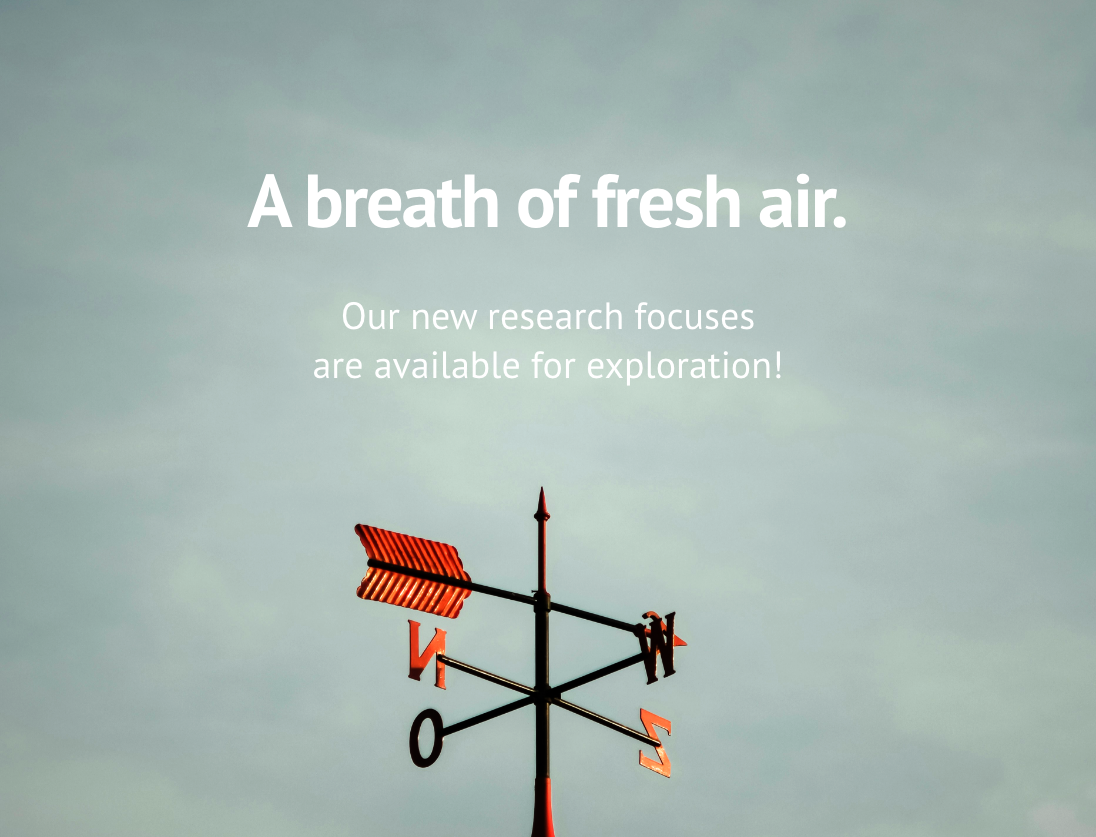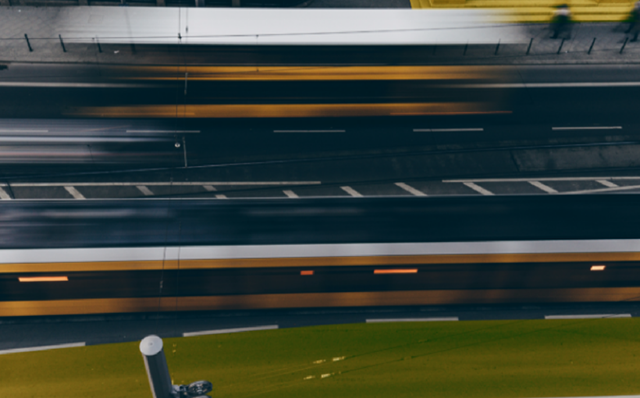NEWS FROM THE INSTITUTE
Digitaler Salon: Porno vernetzt
Passionate, emancipatory, digital – how much potential for innovation has the porn industry? Shortly after the 10. Pornfilmfestival in Berlin will have taken place we want…
Early Stage Researchers Colloquium 2015
We are are pleased to announce our fourth annual ESRC on September 24th. The colloquium wishes once again to gather early stage researchers from all…
Vote for Opening Science – Land of ideas Competition
Pleading for opening science, our team of doctorants needs your support to win the audience award 2015 in the last round of the Land…
Digitaler Salon: Virtual Past
How do digital tools change the way we represent and how we interact with history. Digitaler Salon travels to the past this time – virtually….
Opening Science – a Landmark in the Land of Ideas
The jury of the “Landmark in the Land of Ideas” competition by Deutsche Bank and the “Germany – Land of Ideas” place branding initiative honour the…
Jeanette Hofmann: The Netzpolitik.org affair is a turning point
How increasingly contested the relationship between freedom of expression, democracy and national security in a digital society is, shows HIIG director Jeanette Hofmann in an op-ed…
UPCOMING EVENTS
More to come soon.
Explore our current issues
while we reshape our research agenda…
More to come soon.
Explore our current issues
while we reshape our research agenda…
RESEARCH ISSUES IN FOCUS
Platform governance
Data governance
Artificial intelligence and society
Digitalisation and sustainability
Open higher education
Digital future of the workplace
The Human in the Loop in automated credit lending – Human expertise for greater fairness
How fair is automated credit lending? Where is human expertise essential?
Impactful by design: For digital entrepreneurs driven to create positive societal impact
How impact entrepreneurs can shape digital innovation to build technologies that create meaningful and lasting societal change.
Identifying bias, taking responsibility: Critical perspectives on AI and data quality in higher education
AI is changing higher education. This article explores the risks of bias and why we need a critical approach.












